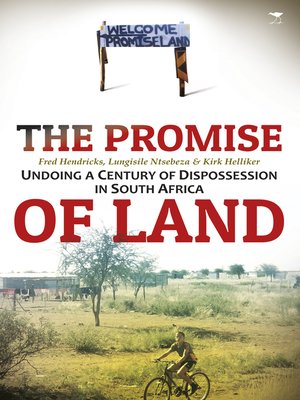
Sign up to save your library
With an OverDrive account, you can save your favorite libraries for at-a-glance information about availability. Find out more about OverDrive accounts.
Find this title in Libby, the library reading app by OverDrive.



Search for a digital library with this title
Title found at these libraries:
| Library Name | Distance |
|---|---|
| Loading... |
The starting point for this book is that the current land reform policies in the country fail to take this colonial context of division and exclusion into account. As a result, there is an abiding land crisis in South Africa. The book examines the many dimensions of this crisis in urban areas, commercial farming areas and communal areas. It argues for a fundamental change in approach to move beyond the impasse in both policy and thinking about land. Of particular importance is that social movements have a critical role to play in charting a new course, both in respect of access to land and in influencing broader policy options. Struggles from below are crucial for rethinking purely statist efforts at land reform and the book grapples with the interplay between oppositional campaigns of social movements and the state's policies and responses.
Essentially, the book argues that in South Africa the 1994 transition from apartheid to democracy has not translated into a process of decolonisation. In fact, the very bases of colonialism and apartheid remain intact, since racial inequalities in both access to and ownership of land continue today. With state-driven attempts at land reform having failed to meet even their own targets, a fundamental change in approach is necessary for South Africa to move beyond the deadlock that prevails between the objectives of the policy, and the means for realising them. It is also necessary to question the targets set for land redistribution: Will these really assist in changes for the majority?







